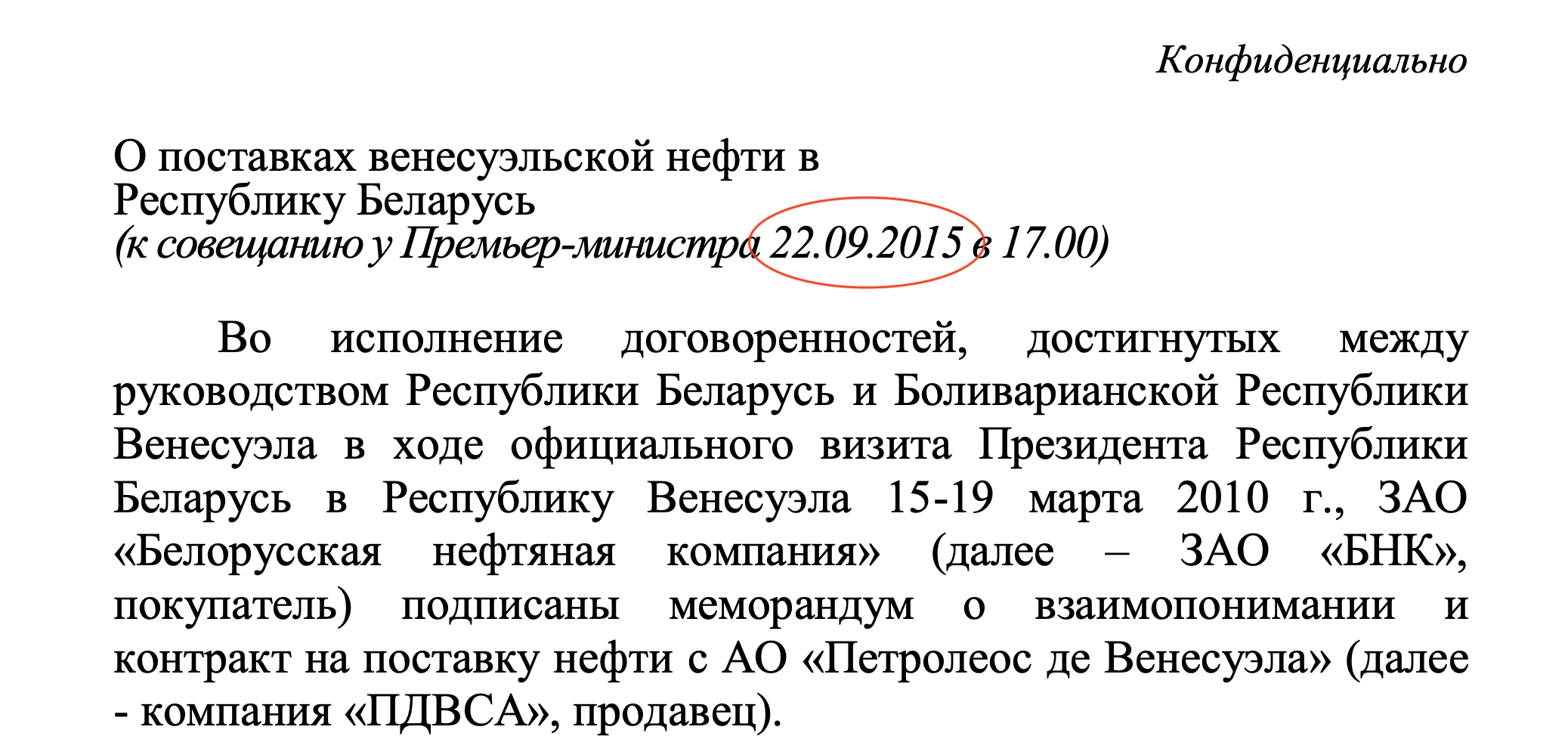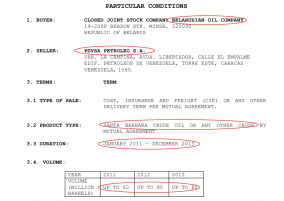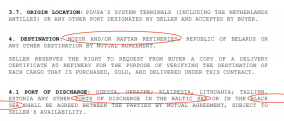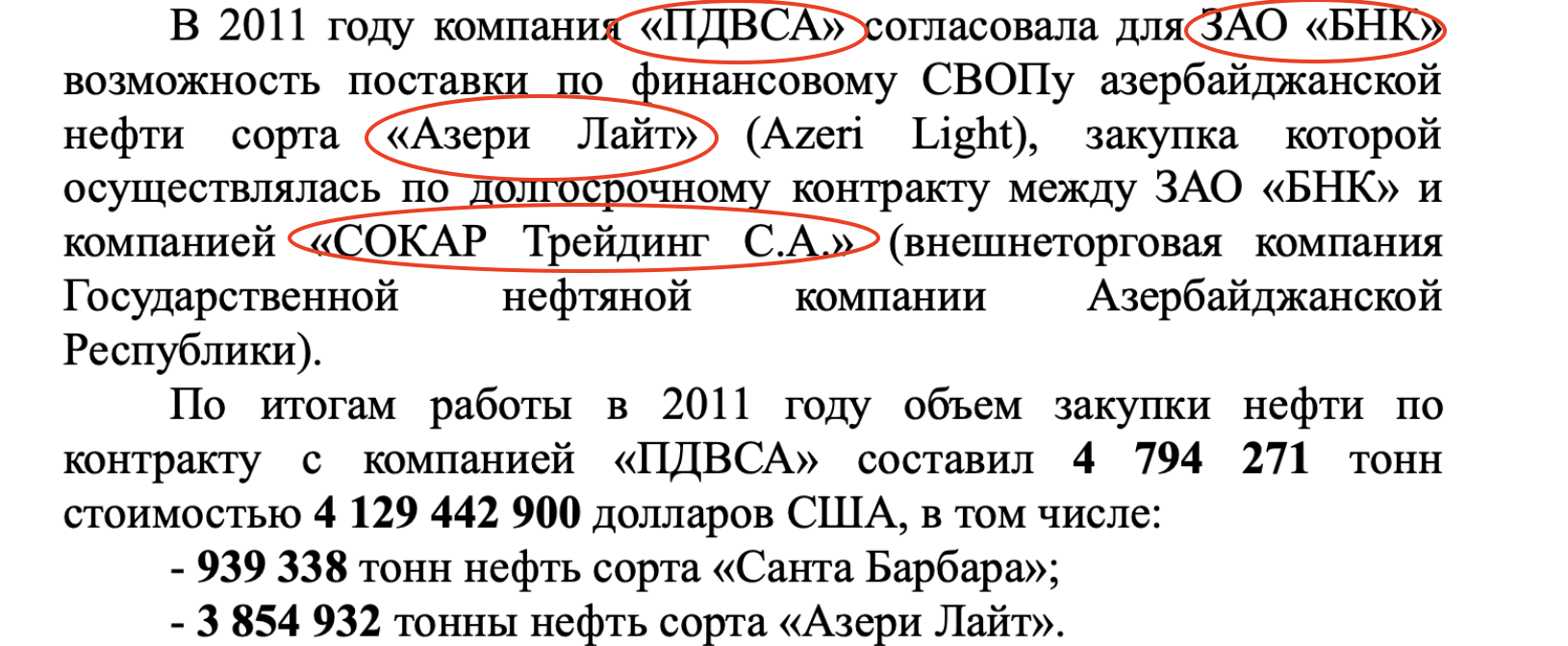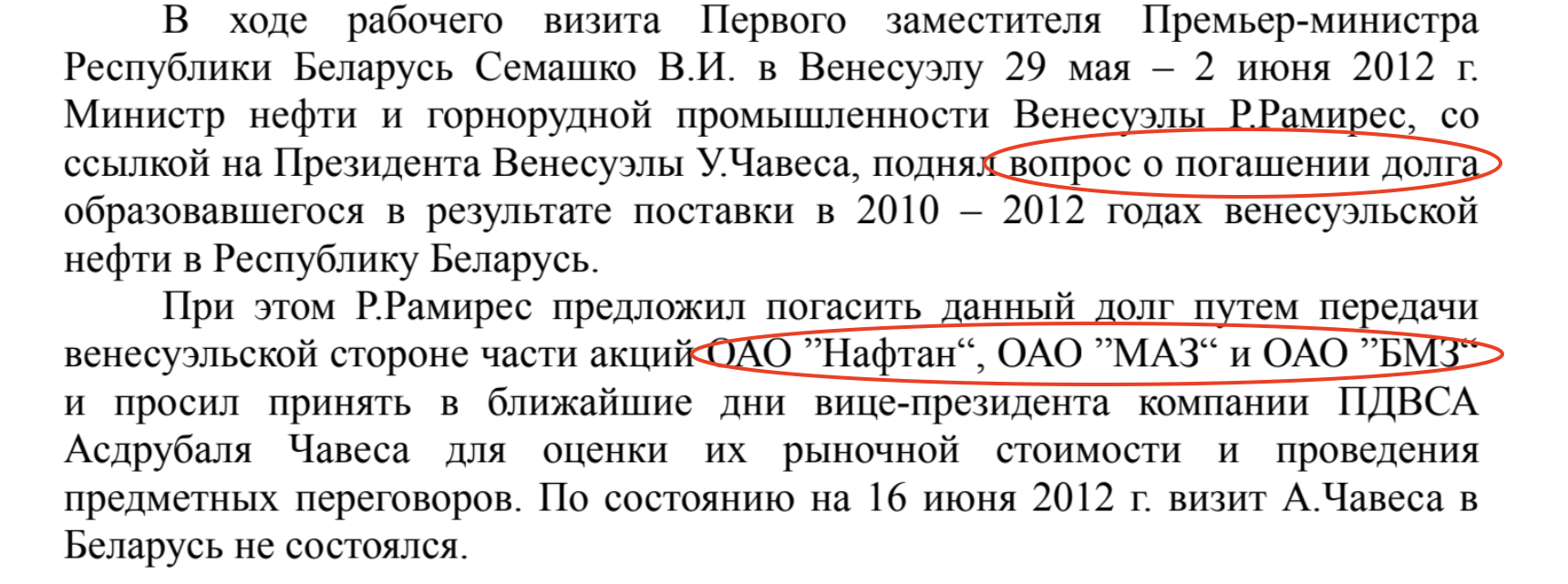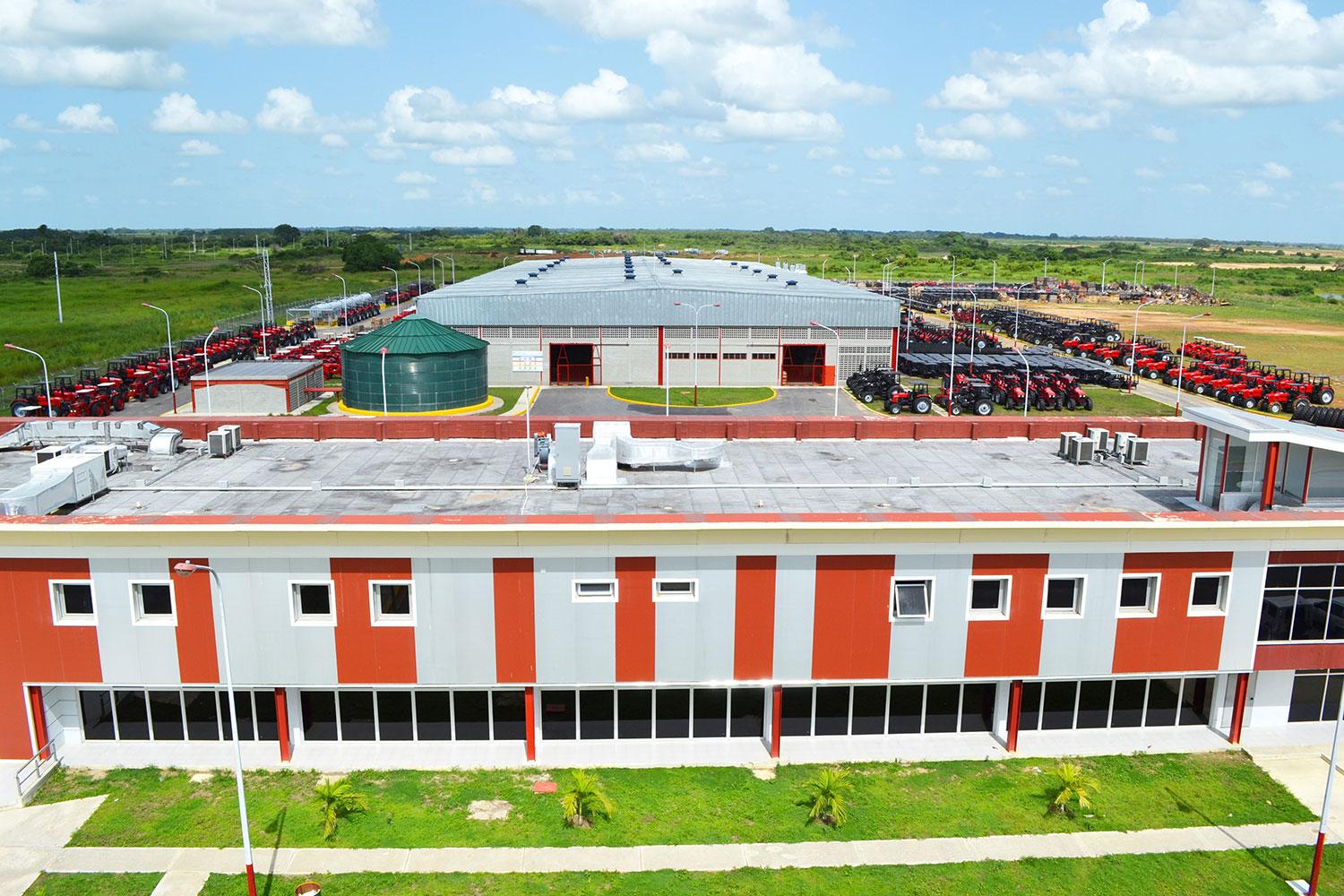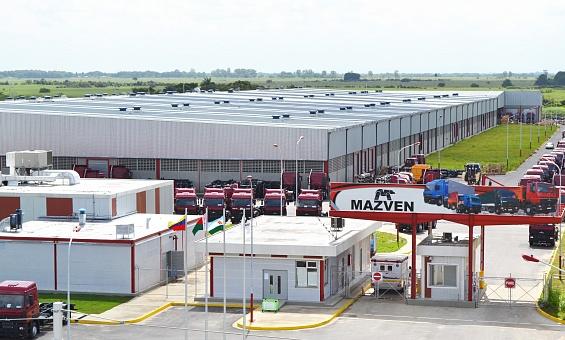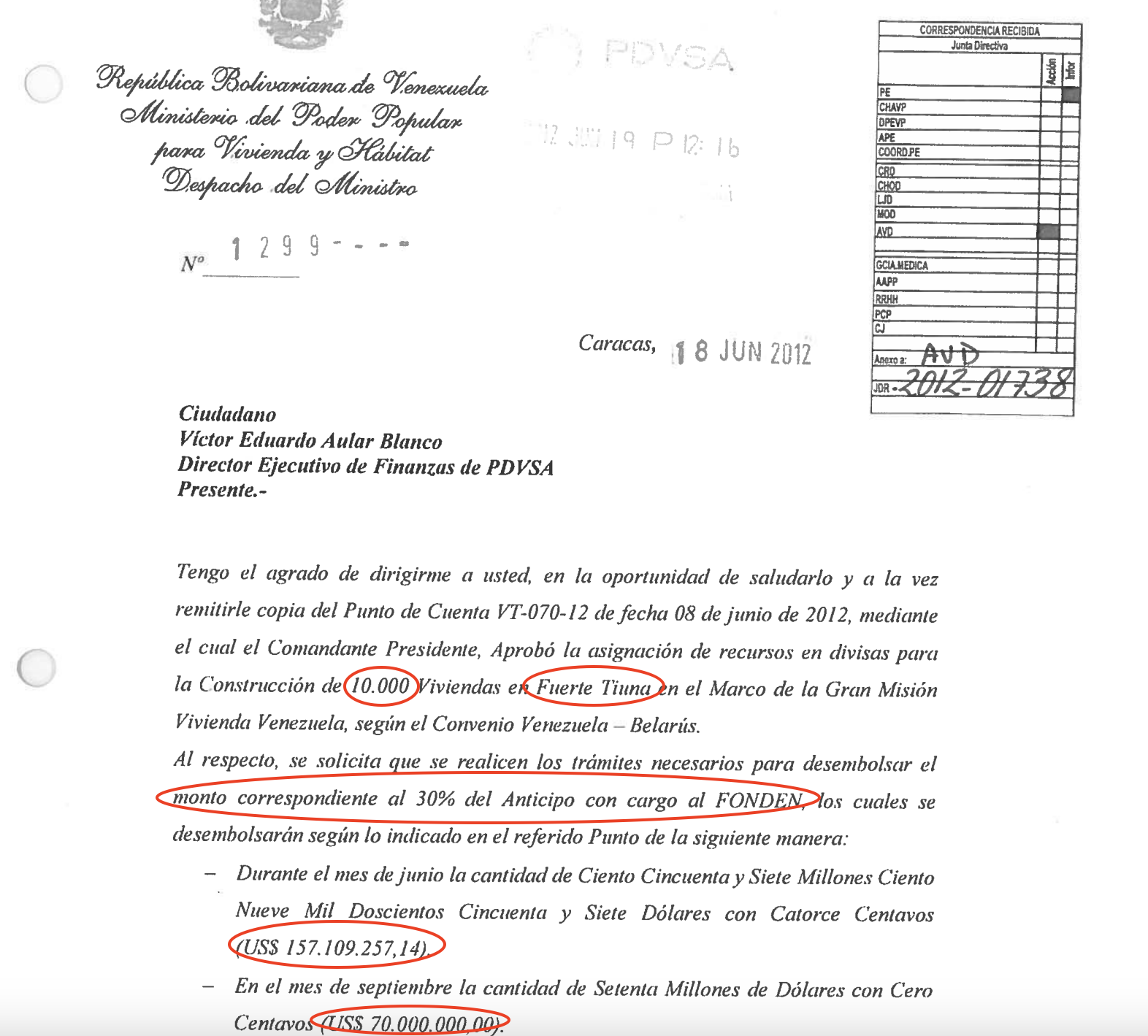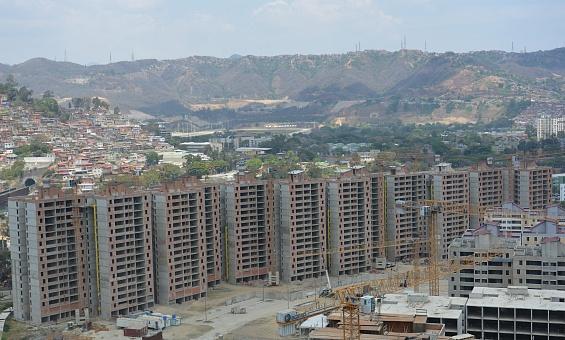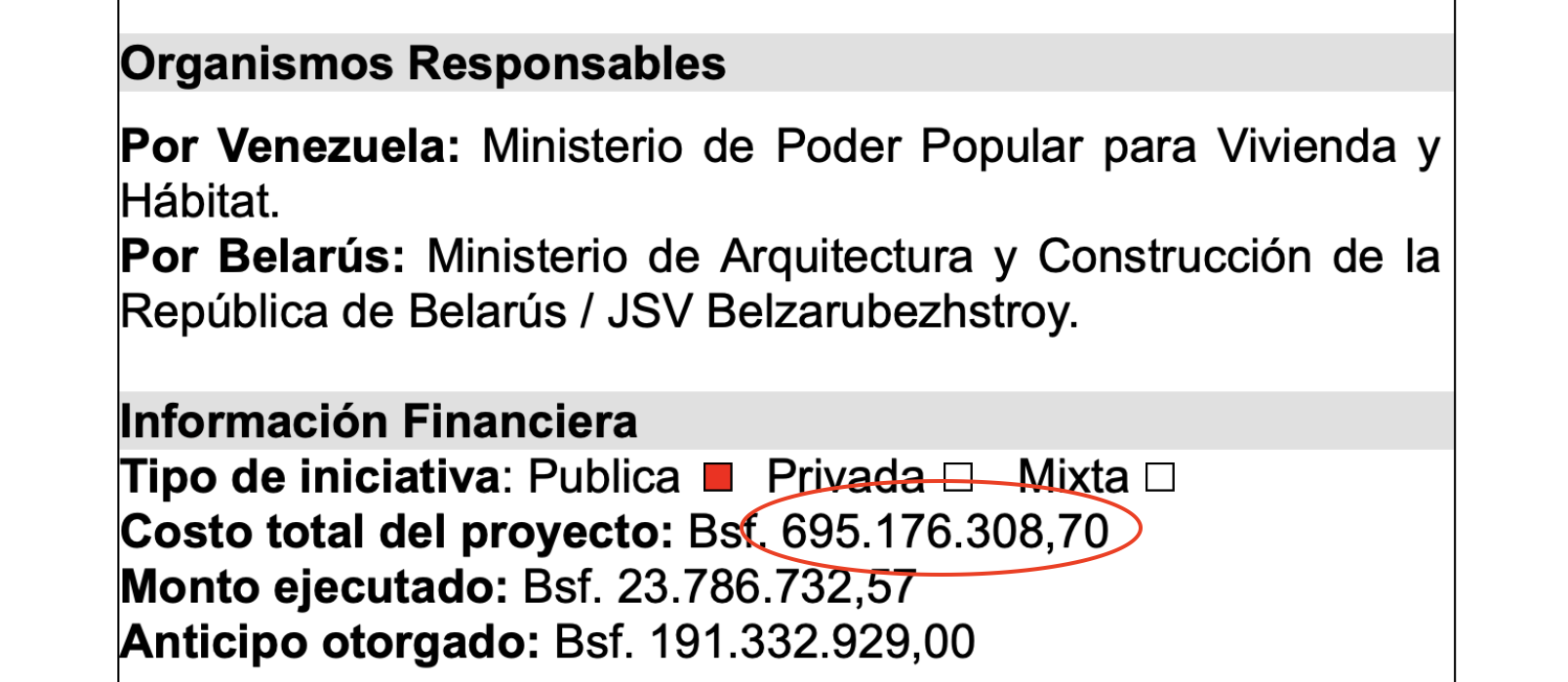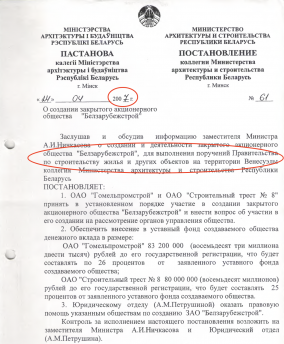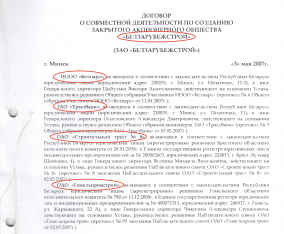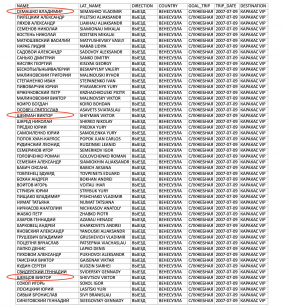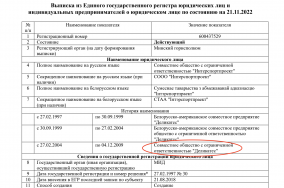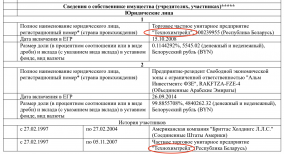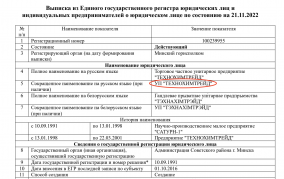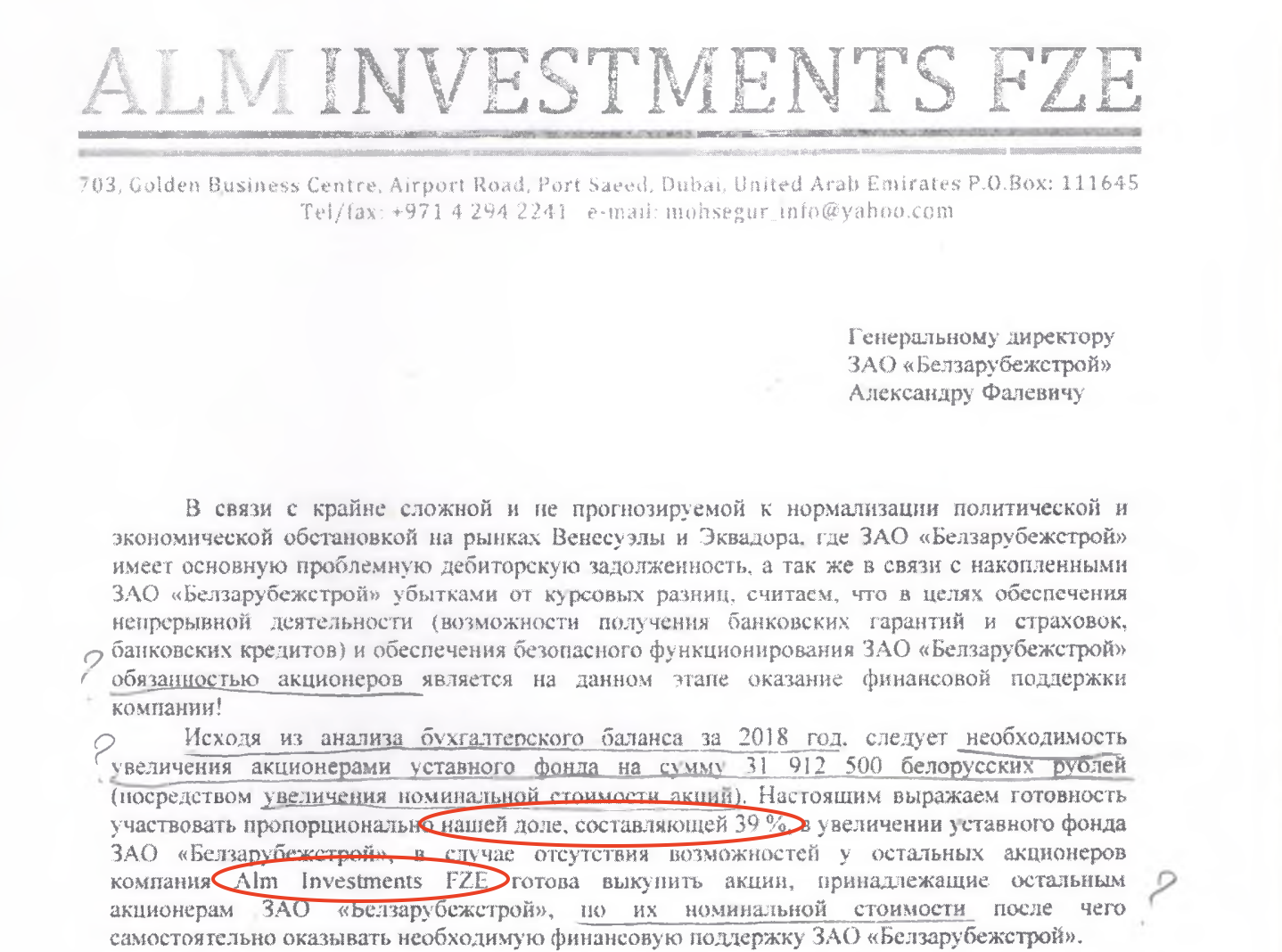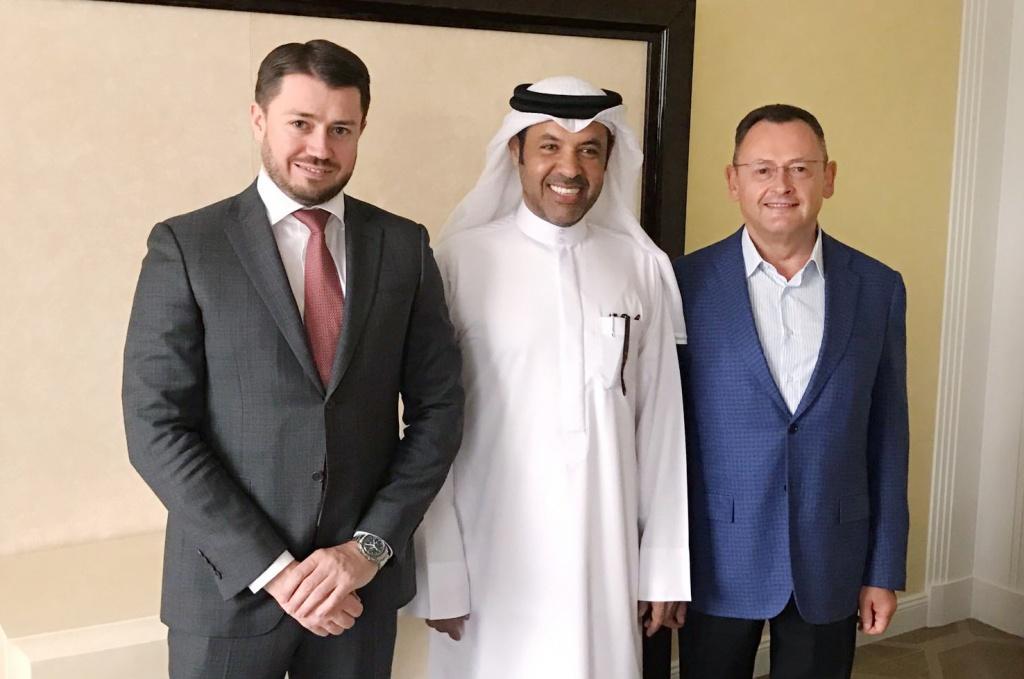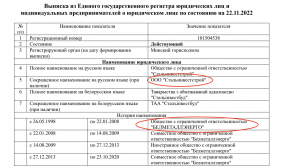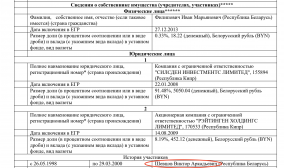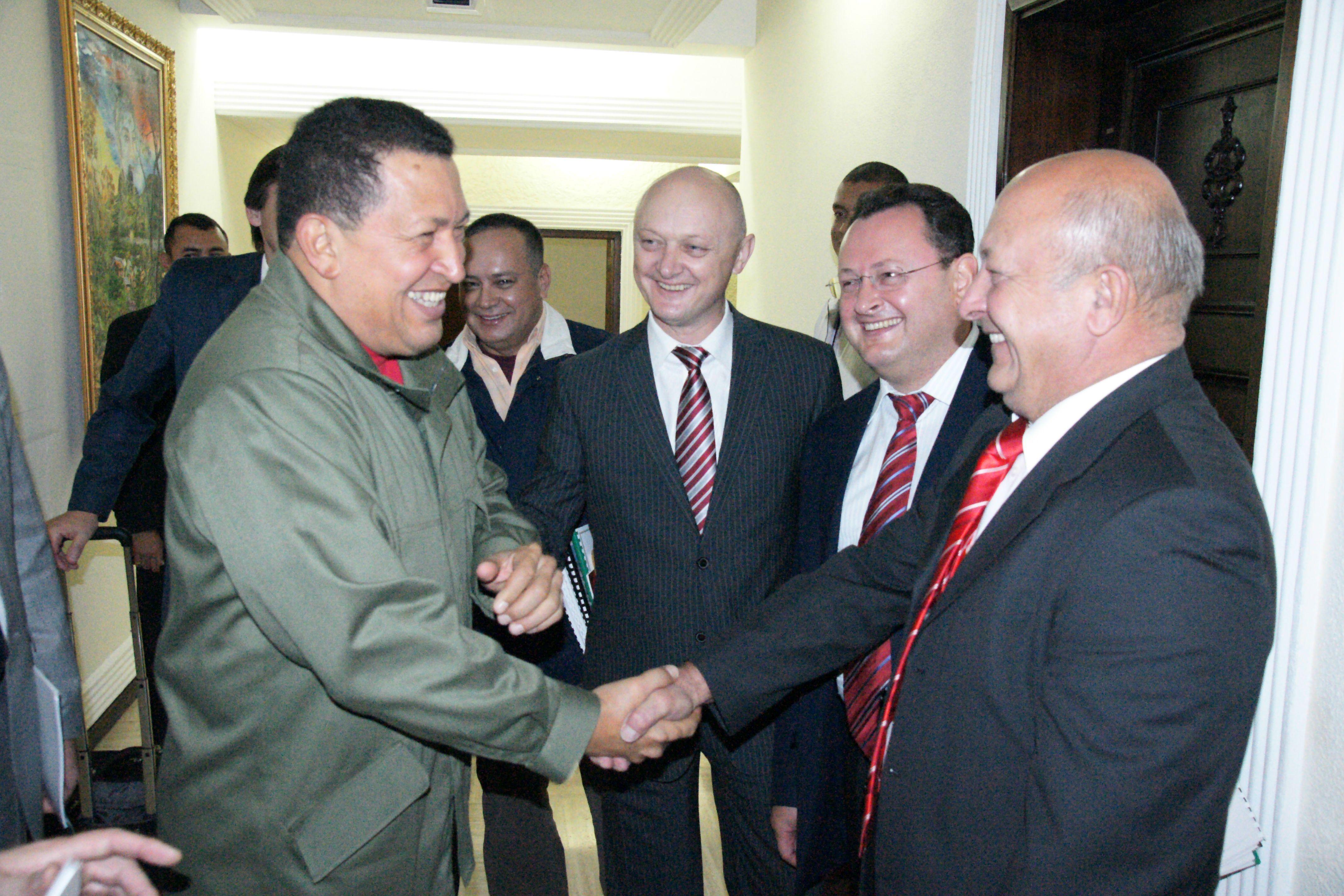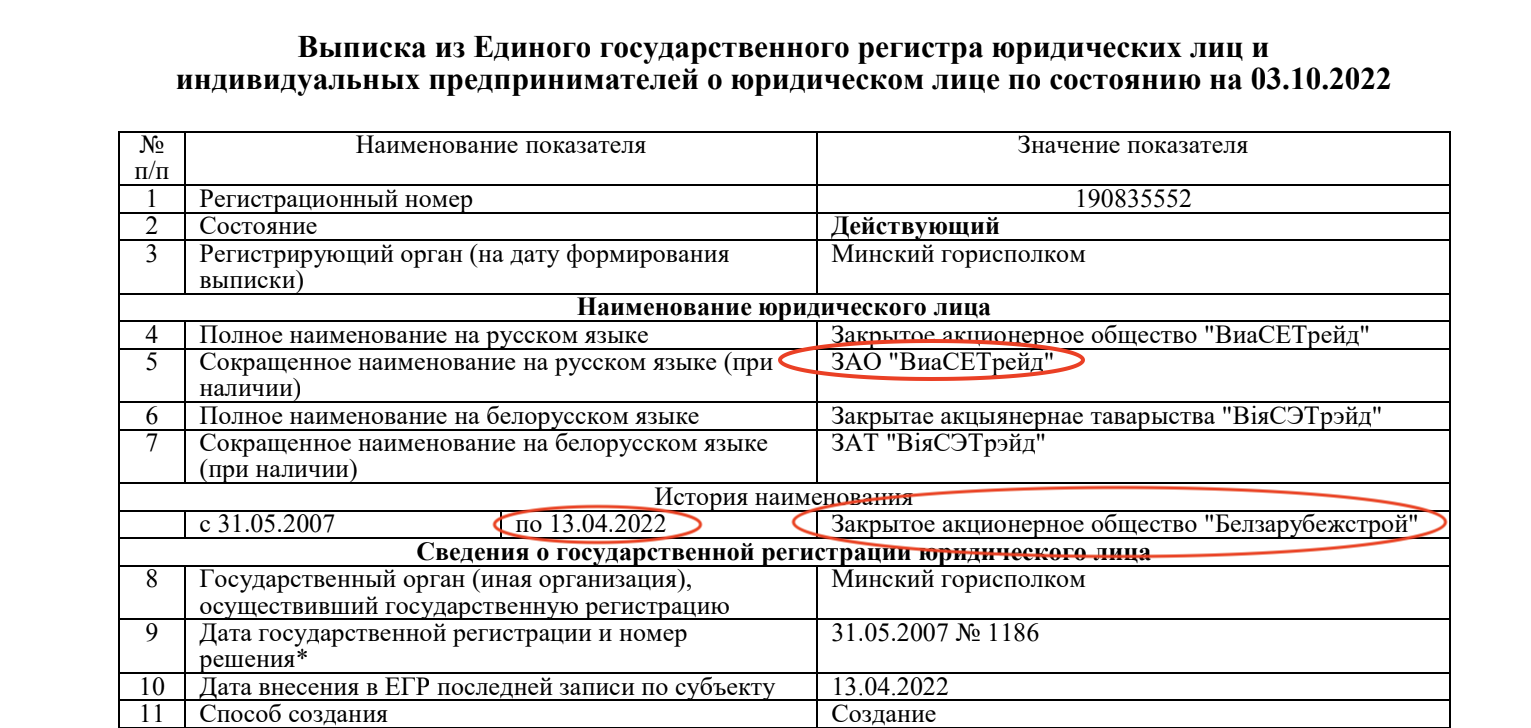Chevtsov often traveled with Belarusian officials. With the help of the CyberPartisans hacker group, we have found two such trips with Viktar Sheiman, four – with Uladzimir Siamashka, and over 20 flights with the then-Deputy Minister and would-be Minister of Architecture and Construction Anatol Nichkasau.
We called Nichkasov and tried to find out whether Belarusian officials lobbied for Chevtsov's interests in Venezuela.
“Why are you asking me about another person? I know what the ministry was doing, what I was doing. And you say I was traveling. I wasn’t travelling. I was on a government mission to organise construction in Venezuela. That was our interstate obligation,” Nichkasov said.
Regarding Chevtsov’s interests, Nichkasov replied:
“No, no and no. Our conversation is over. Don’t bother me anymore.”
So who is Viktor Chevtsov, a businessman who enjoyed the trust of Belarusian high-ranking officials? The Infobank he founded provided services to the authorities. According to the news outlet Ezhednevnik, the bank thrived on intermediary business with certain countries where the Belarusian leadership, ostracized by the US and the West, was trying to find a niche.
In 2004, Chevtsov’s Infobank was put under US restrictions because of suspicions of money for Saddam Hussein’s regime in Iraq. Funds were earned in transactions circumventing the UN Oil-for-Food Program.
According to Ezhednevnik, the Belarusian company Belmetallenergo was set up for the Iraqi project. One of the beneficiaries was Chevtsov. Belmetallenergo provided 90% of Belarusian machinery supplies to Iraq. Iraq paid with oil, which was then sold on the world market, Ezhednevnik wrote.
After an examination, the US lifted restrictions on Infobank in 2014. It had already been renamed Trustbank, and it is now called Reshenie Bank. The main beneficiary of the bank is Mohammed Al Suwaidi. Chevtsov is a minority shareholder and heads the bank’s supervisory board.
“Overtly or covertly, Viktor Chevtsov is connected with the Infobank-Trustbank structures and oil deals in Iraq. He has earned his capital as an intermediary. And of course, if the Belarusian party was involved in all this, it meant a certain closeness to Lukashenko. Therefore, his appearance in Venezuela as the main operator of the construction is not absolutely accidental. It’s more of a pattern,” Kotau contends
Links with Arab countries came in handy during the Venezuelan projects. As we learned, Chevtsov took loans from his Arab partners for construction in Caracas.



